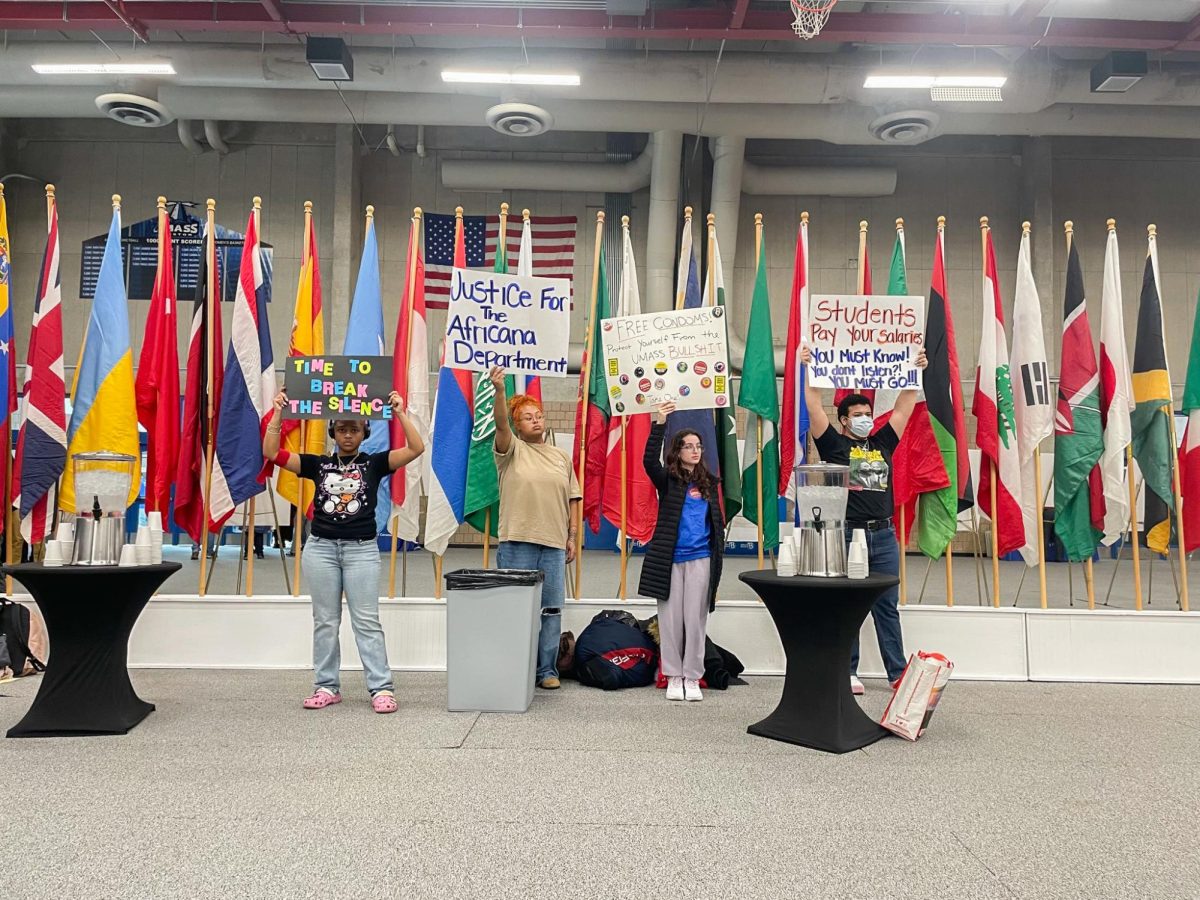I came to Africana Studies for healing. Africana Studies is a unique discipline: It is inherently political, because it is based on the premise that American universities are Eurocentric and reinforce white supremacist norms. Of course, every discipline is inherently political, from history to psychology to English, and yes, even STEM.
But Africana Studies is flagrantly, unabashedly, a political project—a course correction. It is based on the tenet that universities need to center people of African descent in our scholarship, and not just as objects of study, but as creators of ideological frameworks and creative work.
Africana Studies as a field is committed to resisting racism. It demands that we stop the exclusion and denigration of Black contributions to our history—on the contrary, it demands we uplift them and continue to study how Black people can be free.
Perhaps naively, I came to Africana Studies for healing because I wanted to be a grown-up. Because I was tired of being a white person that can’t talk about race. Because I still grieve the childhood friends that I lost due to that inability.
Because I was tired of surface-level bullsh-t. Because I wanted to know my history. Because I have to sit with pain without brushing it away. Because I wanted to heal my psyche from racism.
Because I wanted to learn how to say I’m sorry, and how to take critical feedback as an opportunity for repair rather than an insult to my personhood. Because I wanted to understand what repair might mean, at an interpersonal level and at a community level. Because I wanted to understand what justice, solidarity and reparations mean, too. Because I wanted to be a person that I could live with.
White people desperately need Africana Studies, too. We need a place to make sense of our racialized selves; to hear the narratives that our ancestors may have snuffed out; to reconcile our images of ourselves with the ways we benefit from whiteness. Africana Studies is not about us, no. But it is for us, in that we need to be grappling with racial injustice with every ounce of our intelligence and strength, and we cannot do that without knowing some things and unknowing others.
I came to Africana Studies for healing. I found a department of professors that have offered their scholarship to students with generosity, love and hope. It saddens me that the core faculty—who have devoted themselves to their students for years, if not decades, out of a moral compulsion more than financial gain—appear not to be esteemed by the administration.
I welcome the new Africana Studies faculty wholeheartedly, and I am excited for the expansion of the department. At the same time, the current faculty need institutional support so that they can continue to give to their students and proliferate their scholarship, activism and creative work. The university must commit to the faculty who have so clearly committed to the university.
I came to Africana Studies for healing. What I found was an academic department within a university, constrained by the realities of the distribution of resources, and the politics of academia and our broader society. What I found was contradictions.
The non-tenure track professors have been good enough to teach and mentor students of the department for all these years, yet the university does not value them enough to give them financial stability and a path toward progressing their career. That reflects a disrespect to both the Africana Studies students and professors. How can the university value our education if they don’t value the people that are teaching us?
My classmates and I, however, value our professors for giving us the language to articulate what we see, hear, feel and live; for directing us toward the texts of our predecessors; and for creating spaces where we can speak. Most importantly, our professors are committed to turning into daily practice those concepts they theorize.
This brings me back to the original statement: Africana Studies is a political discipline. It is constantly navigating a particular wound, and almost by definition, Africana Studies’ politics will be in friction with at least some of the politics of the greater university within which it resides. So, one might wonder: Is this the reason for what feels like brutal disappointment and betrayal of our department?
I came to Africana Studies for healing. Because as much as the discipline is constantly attending to an injury, it is not intended to be a mechanism of further pain, but an imaginative space of transformation. The Africana Studies department is not a threat to the university itself; only to the parts of it that cannot stand.
Within the department, I found solace, and challenge, and the materials for growth. But I don’t foresee healing but another wound, another complicity, if we accept this denigration of our scholarly mentors’ labor and care.





















































